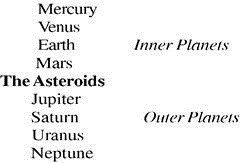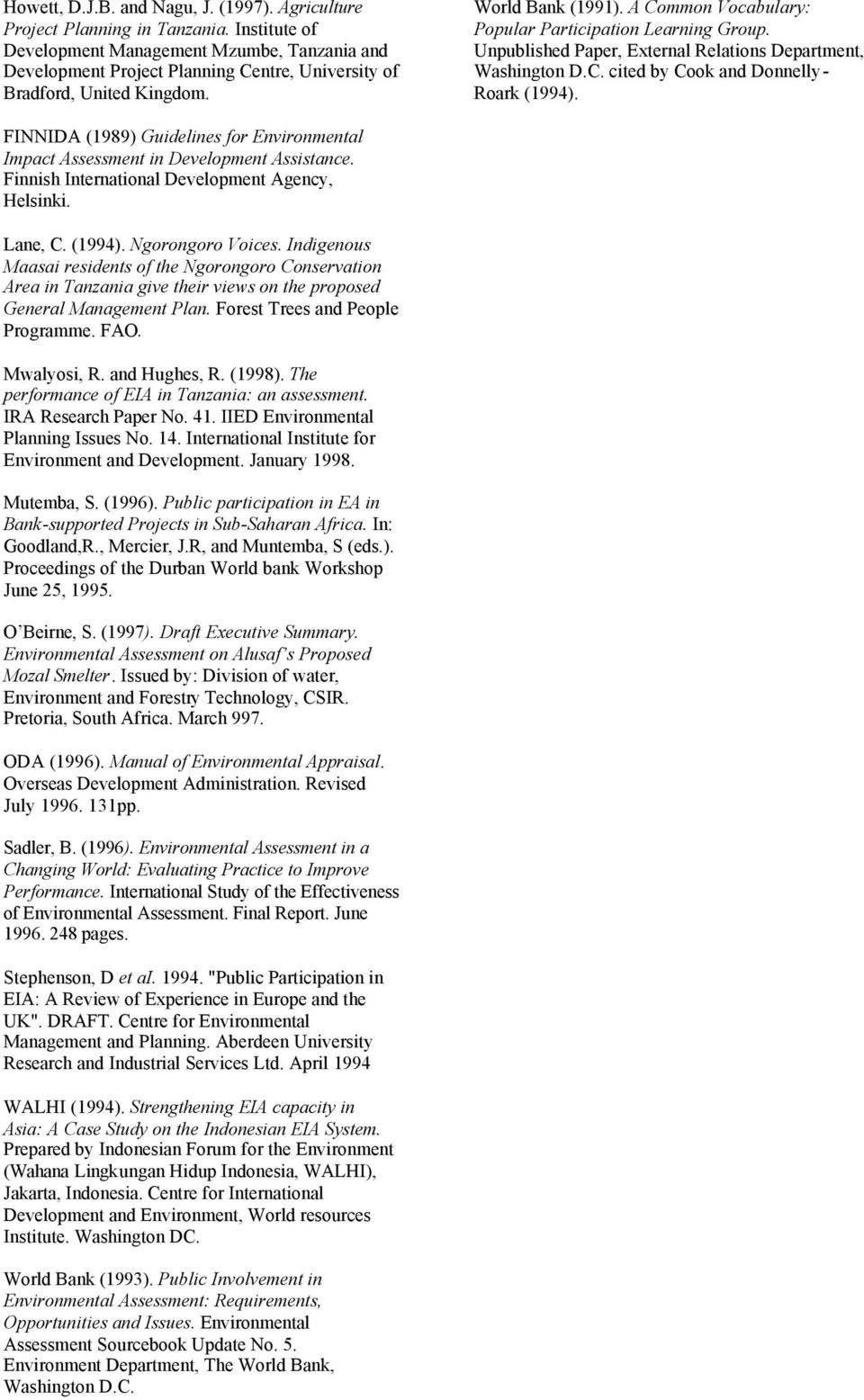An Essay on the Principle of Population - Econlib.
An Essay on the Principle of Population An Essay on the Principle of Population, as it Affects the Future Improvement of Society with Remarks on the Speculations of Mr. Godwin, M. Condorcet, and Other Writers. Thomas Malthus London Printed for J. Johnson, in St. Paul’s Church-Yard 1798.
THOMAS MALTHUS AN ESSAY ON THE PRINCIPLE OF POPULATION 1798 An essay on the principle of population, as it affects the future improvement of society with remarks on the speculations of Mr. Godwin, M. Condorcet, and other writers.

The Essay on the Principle of Population, which I published in 1798, was suggested, as is expressed in the preface, by a paper in Mr. Godwin's Inquirer. It was written on the impulse of the occasion, and from the few materials which were then within my reach in a country situation. The only authors from whose writings I had deduced the.

Thomas Malthus: An Essay on the Principle of Population (1798) An Essay on the principle of population, as it affects the future improvement of society, with remarks on the speculations of Mr Godwin, M. Condorcet and other writers.

The book An Essay on the Principle of Population was first published anonymously in 1798, but the author was soon identified as Thomas Robert Malthus.The book predicted a grim future, as population would increase geometrically, doubling every 25 years, but food production would only grow arithmetically, which would result in famine and starvation, unless births were controlled.

An Essay on the Principle of Population is an influential treatise first published anonymously in Great Britain in 1798. The author was soon after revealed as the English cleric and scholar Thomas Robert Malthus, who revised the essay six times over the next twenty-eight years. Malthus argued that while population would grow exponentially over.

The book An Essay on the Principle of Population was first published anonymously in 1798, but the author was soon identified as Thomas Robert Malthus. The book warned of future difficulties, on an interpretation of the population increasing at a geometrical ratio (so as to double every 25 years) whi.

The book An Essay on the Principle of Population was first published in 1798 under the alias Joseph Johnson, (1) (2) but the author was soon identified as Thomas Robert Malthus.While it was not the first book on population, it has been acknowledged as the most influential work of its era. Its 6th edition was independently cited as a key influence by both Charles Darwin and Alfred Russel.

T.R. Malthus' Essay on The Principle of Population, the first edition of which was published in 1798, was one of the first systematic studies of the problem of population in relation to resources. Earlier discussions of the problem had been published by Boterro in Italy, Robert Wallace in England, and Benjamin Franklin in America.

As the world's population continues to grow at a frighteningly rapid rate, Malthus's classic warning against overpopulation gains increasing importance. An Essay on the Principle of Population (1798) examines the tendency of human numbers to outstrip their resources, and argues that checks in the form of poverty, disease, and starvation are necessary to keep societies from moving beyond their.

Essay of the principle of population 1798 for how to write a presentation paper. October 21, 2019 By: bethany1980 best presentation writing services for college.

An Essay on the Principle of Population (1798) Thomas Malthus. 86. Chapter 1. Question stated—Little prospect of a determination of it, from the enmity of the opposing parties—The principal argument against the perfectibility of man and of society has never been fairly answered—Nature of the difficulty arising from population—Outline of the principal argument of the Essay.

An Essay on the Principle of Population is a poignant critic and examination of, the causes that have hitherto impeded the progress of mankind towards happiness. Namely, humanitys perpetuating conundrum of population and its tendency to increase beyond the means of subsistence.



